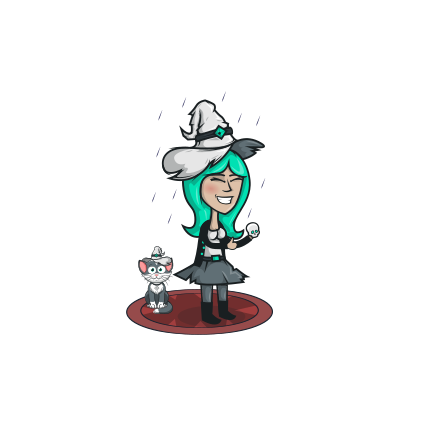10 mesi fa
Counter-Strike: Global Offensive (which is currently cs2) is not just about competitive gameplay; it's also about personalizing your experience through skins. Skins are cosmetic items that alter the appearance of in-game weapons, gloves, and characters. Some skins are common, while others are extremely rare and valuable. The trading aspect of CS:GO adds another layer of excitement to the game, allowing players to exchange skins with each other.
In this guide, we'll explore various aspects of CS:GO skin trading and provide tips to elevate your trading game.
1. Understanding Skin Rarity and Value
Not all skins are created equal. Understanding the rarity and value of skins is crucial for successful trading. Skins are categorized into different rarity tiers:
- Consumer Grade
- Industrial Grade
- Mil-Spec
- Restricted
- Classified
- Covert
- Contraband (extremely rare)
Each tier corresponds to a different level of rarity, with Covert and Contraband skins being the most sought after and valuable.
2. Research Market Prices
Before engaging in trading, research current market prices for the skins you own and the ones you're interested in acquiring. Websites like Steam Community Market and third-party marketplaces provide valuable insights into skin values. Keeping track of price trends helps you make informed decisions during trades.
3. Building a Diverse Inventory
Having a diverse inventory increases your trading opportunities. Aim to acquire skins from various rarity tiers and weapon categories. This diversity enables you to cater to a broader range of traders and increases the likelihood of finding favorable trade deals.
4. Establishing Trust
Trust is paramount in skin trading. Establishing a reputable trading profile builds trust among potential trading partners. Maintain a clean record by honoring your agreements, communicating effectively, and avoiding scams or fraudulent activities.
5. Negotiation Skills
Mastering negotiation tactics enhances your trading game significantly. Be patient, courteous, and respectful during negotiations. Clearly articulate your offer and listen to the other party's preferences. Finding common ground often leads to mutually beneficial trades.
6. Timing is Key
Timing plays a crucial role in skin trading. Monitor market fluctuations and capitalize on favorable opportunities. Prices can fluctuate based on factors like game updates, tournaments, and skin releases. Being aware of these events helps you make strategic trading decisions.
7. Utilize Trading Platforms
Utilize trading platforms and communities to connect with potential trading partners. Websites like Reddit's r/GlobalOffensiveTrade, Steam forums, and third-party trading sites facilitate trade interactions. Participating in these communities expands your trading network and increases exposure to diverse trading opportunities.
8. Be Cautious of Scams
Unfortunately, the CS:GO trading scene isn't immune to scams. Stay vigilant and educate yourself about common scam tactics such as phishing links, impersonation, and middleman scams. Never trade with untrusted or suspicious individuals, and always verify the legitimacy of trade offers.
Conclusion
CS:GO skin trading adds depth and excitement to the game, allowing players to personalize their experience and engage in a vibrant trading ecosystem. By understanding skin rarity, researching market prices, building a diverse inventory, establishing trust, honing negotiation skills, timing trades strategically, utilizing trading platforms, and being cautious of scams, you can elevate your trading game and enjoy a rewarding trading experience in CS:GO.









